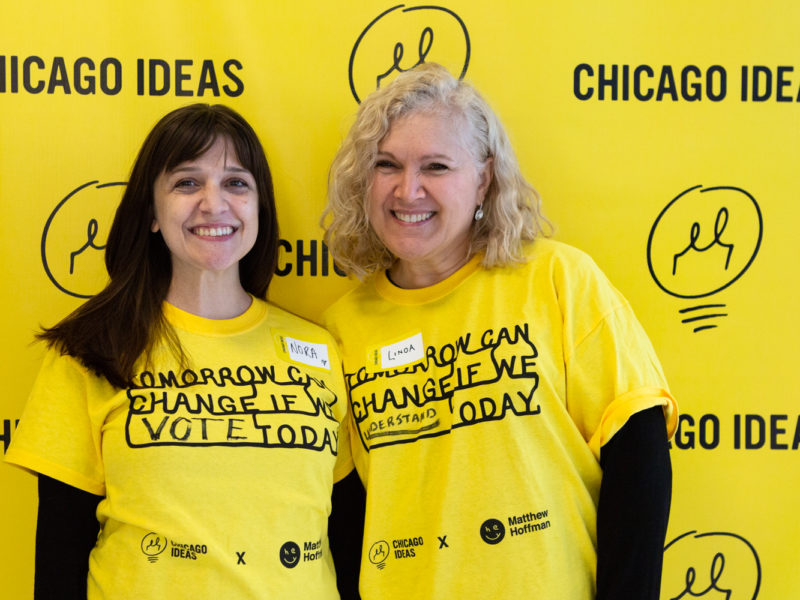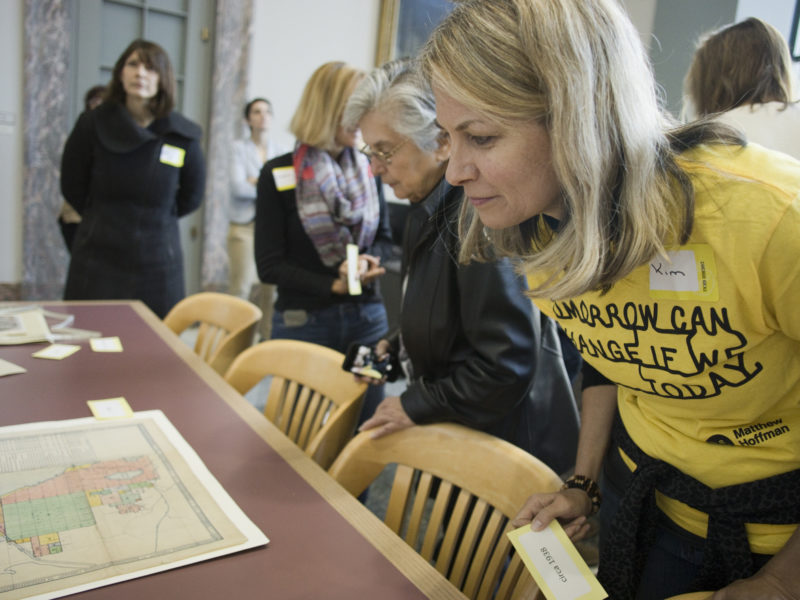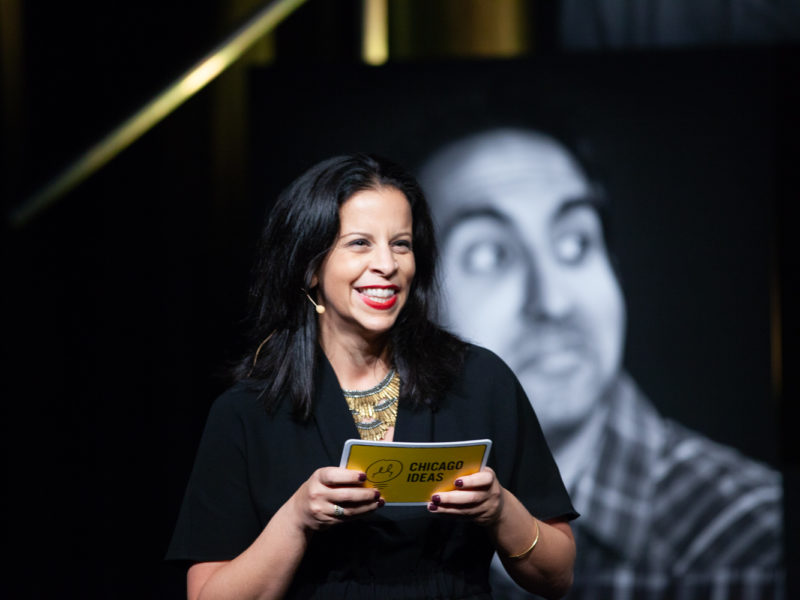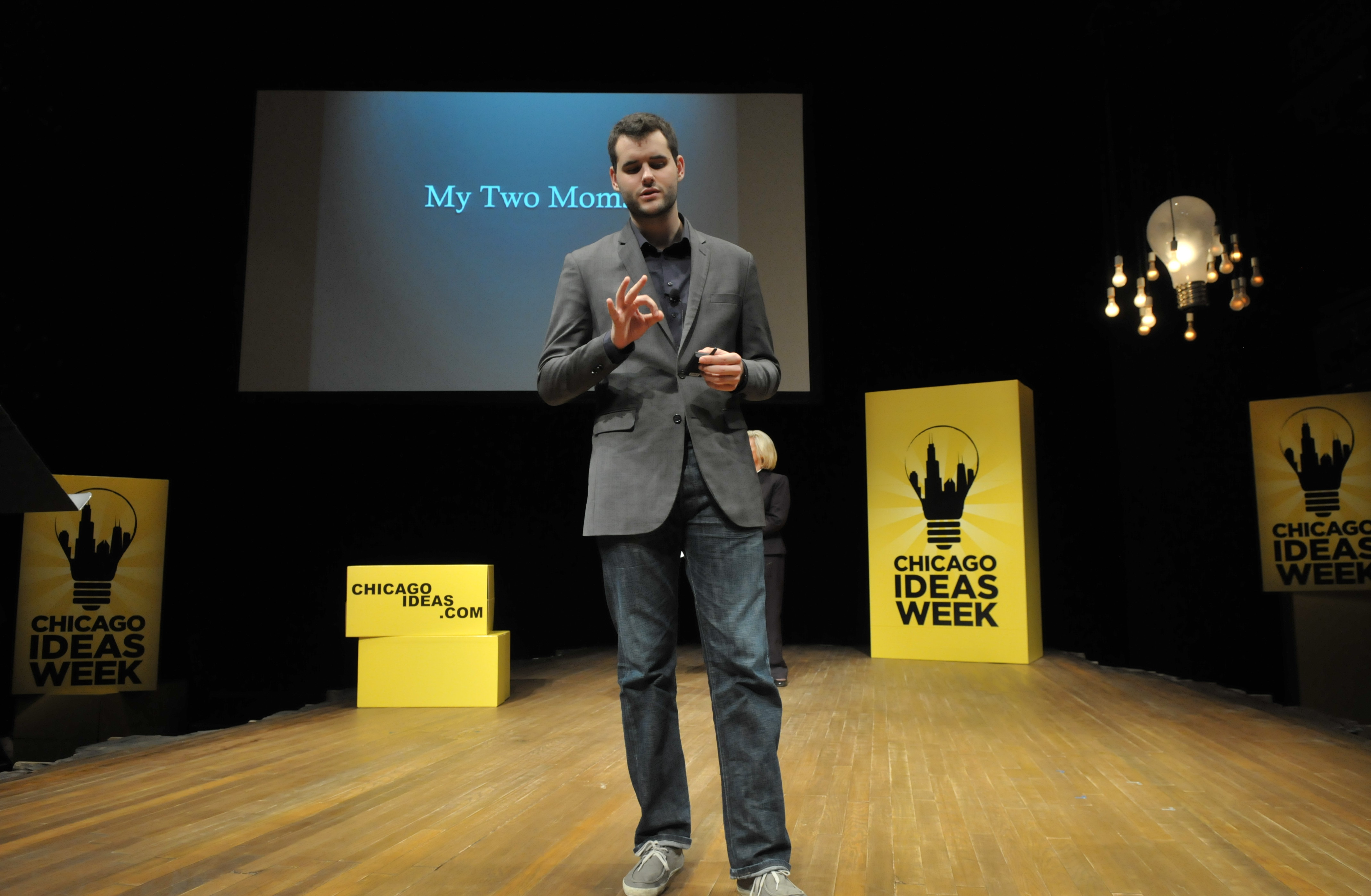
Zach Wahls on Family, Scouts for Equality and the National Conversation on LGBT Rights
CIW 2012 speaker Zach Wahls is an LGBT activist, a student at the University of Iowa—and an Eagle Scout. The last is a more important part of his identity than you may even have guessed. In June 2012, he co-founded Scouts for Equality, which builds on his work as a LGBT activist in its promotion of equality in the Boy Scouts of America. In honor of Mother’s Day, we talked to Wahls about the lessons he learned about family growing up with two mothers, his work with Scouts for Equality and his plans for an upcoming book on the diversity of the LGBT families.
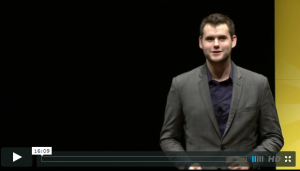 |
| At CIW 2012, Zach Wahls spoke about how growing up with two mothers served as the motivation behind his address to the Iowa House Judiciary Committee against a proposed ban on gay marriage. |
Let’s start with family. How did growing up with your two mothers—Terry and Jackie—affect the way you see family?
I think growing up with two moms, I saw a couple of things. First of all, state recognition does not a family make. Just because the government refuses to recognize your family doesn’t mean you aren’t a family. I also saw that commitment is something that you cannot put onto paper. It is not necessarily something you can codify. Commitment is something you do or do not have. I learned, as I said in that first speech back in 2011, the sense of family comes from the sense of commitment that we make to each other to work through the hard times so that we can enjoy the good ones and it comes from the love that binds us. That’s what makes a family. And that’s something I learned growing up with my two moms.
Today, in addition to finishing up your degree at the University of Iowa, you also run Scouts for Equality. Tell us a little about your history with the Boy Scouts and why changing its views on LGBT scout leaders are important to you.
My moms were both a big part of my scouting life when I was a kid. Jackie was a Den mother when I was a cub scout. Terri was an interim Cub master, so she kind of ran the whole show for a little bit.
The values of scouting have been hugely influential in my life…. A scout is trustworthy, loyal, helpful, friendly, courteous, kind, obedient, cheerful, thrifty, brave, clean and reverent—all of these great things that scouting has to offer. But then on top of that, from a more pragmatic perspective, the organization has more than a 100 million alumni over a century of existence in this country. It is a massively influential organization…. When you’re able to have a conversation—especially within a philosophically conservative organization—and show why LGBT people should be a part of that organization and can be a part of that organization, you are able to advance our national thinking on what it means to be a LGBT person in a very, very powerful and I think a very profound way.
The Boy Scouts organization recently revoked the charter to a Seattle church troop whose troop leader, Geoff McGrath, is gay, once again sparking a national debate. How do you see this debate moving forward, even with this recent setback to the inclusive scouting movement?
Increasingly, we are moving very rapidly and much more quickly than anyone would have anticipated toward a Boy Scouts of America movement that does not have this membership requirement that precludes gay adults, including gay Eagle Scouts like Geoff McGrath, from participating in the program.
You’re planning to graduate this spring and will likely work in Washington, D.C. through the Truman Scholarship you were awarded. Not that that isn’t plenty on your plate, but we have to ask: What else do you have in the works?
I am looking at potentially writing a book that would be a collection of letters from children that have LGBT parents…. I was able to share my own story, but I have a very specific and very focused story. I’m white, upper middle class, I’m straight and I grew up in Iowa. I’ve got a very specific understanding of what it means to have lesbian parents. And I would like very much to broaden the conversation about what does it mean to have LGBT parents…. There are a lot of categories that we have not yet examined, and I think that is really important because so much of the conversation—both about marriage equality specifically, but LGBT rights generally—is about children of same-sex couples and the relationships that children have with their parents. To the extent that a more accurate and a more diverse experience—and a richer experience—I think that will be a better and more informed conversation.
Who do you envision being a part of that conversation?
I think it’s a national conversation. One of the most common arguments that you’ll hear from the other side on this issue is that every child deserves a mother and a father. While I don’t disagree that every child deserves two loving parents and that every child should absolutely have male and female role models—and maybe even some people who don’t fall into those traditional categories of male and female—in their life, I also believe that more important to a child’s wellbeing and health is not the chromosomal makeup of their parents but whether or not that child has love and support and security. If a child has those things, everything else is a secondary.
Q&As are edited for clarity and length.


